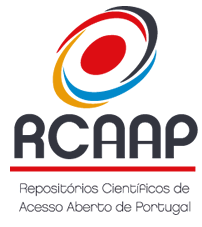IRDI Methodology in day care centers: report of experience in the public and private day care center
DOI:
https://doi.org/10.5433/1679-0383.2018v39n1p5Keywords:
Day care, IRDI. Child development, PsychoanalysisAbstract
There was a significant increase in the number of children aged 0 to 3 attending Early Childhood Centers (CEIs), making it fundamental to analyze the consequences of early collectivization in the subjective development of children. This article describes the experience of accompanying educators of babies from 0 to 18 months of age, based on the IRDI methodology carried out in two CEIs - one from the network and another from the private network, - in order to observe the impact of the differences found in these institutions in relation to the environment and the care of the babies in their psychic development. This article is a cut-off from the IRDI Methodology research: an intervention with educators from psychoanalysis, developed in 2012 and 2013. We analyzed the initial and final IRDIs of 17 children followed at these institutions, as well as the result of the Psychoanalytic Assessment at 3 years (AP3), articulating these data with the differences observed in both institutions.Downloads
Downloads
Published
How to Cite
Issue
Section
License
Copyright (c) 2018 Semina: Ciências Sociais e Humanas

This work is licensed under a Creative Commons Attribution-NonCommercial 4.0 International License.
Semina: Ciências Sociais e Humanas adopts the CC-BY-NC license for its publications, the copyright being held by the author, in cases of republication we recommend that authors indicate first publication in this journal.
This license allows you to copy and redistribute the material in any medium or format, remix, transform and develop the material, as long as it is not for commercial purposes. And due credit must be given to the creator.
The opinions expressed by the authors of the articles are their sole responsibility.
The magazine reserves the right to make normative, orthographic and grammatical changes to the originals in order to maintain the cultured standard of the language and the credibility of the vehicle. However, it will respect the writing style of the authors. Changes, corrections or suggestions of a conceptual nature will be sent to the authors when necessary.

















